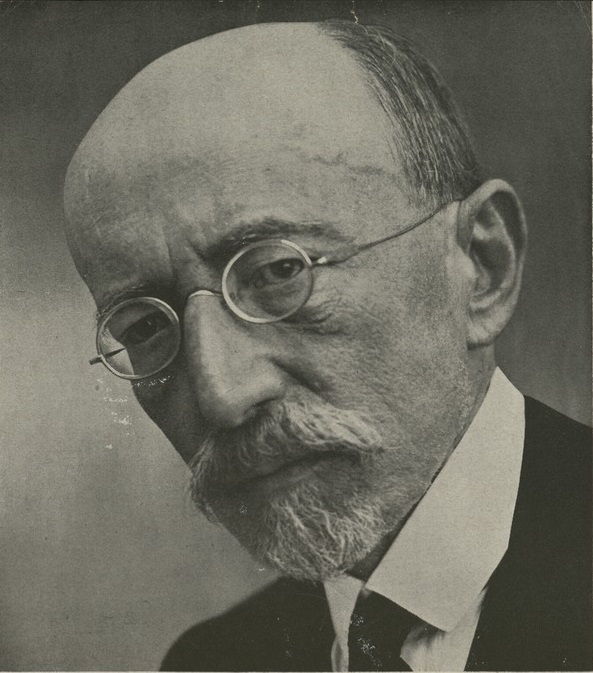Fonte: Selected Essays (1904), "Priest and Prophet" (1893), pp. 131-132
Achad Ha-am: Frases em inglês
Fonte: Wrestling with Zion, pp. 14-15.
Fonte: Selected Essays (1904), "Priest and Prophet" (1893), p. 132
“The Prophet … feels it as a moral necessity to set Righteousness on the throne.”
Fonte: Selected Essays (1904), "Priest and Prophet" (1893), p. 133
Fonte: Selected Essays (1904), "Priest and Prophet" (1893), pp. 134-135
Fonte: Selected Essays (1904), "Priest and Prophet" (1893), p. 133
Fonte: Wrestling with Zion, p. 16.
Fonte: Selected Essays (1904), "Sacred and Profane" (1891), p. 41
Fonte: Selected Essays (1904), "Priest and Prophet" (1893), p. 130
Fonte: Selected Essays (1904), "Priest and Prophet" (1893), p. 132
Fonte: Wrestling with Zion, p. 15.
Fonte: Selected Essays (1904), "Priest and Prophet" (1893), p. 130
Fonte: Selected Essays (1904), "Priest and Prophet" (1893), pp. 130-131
